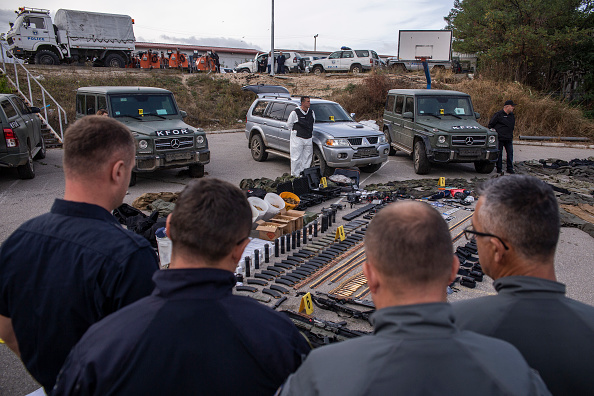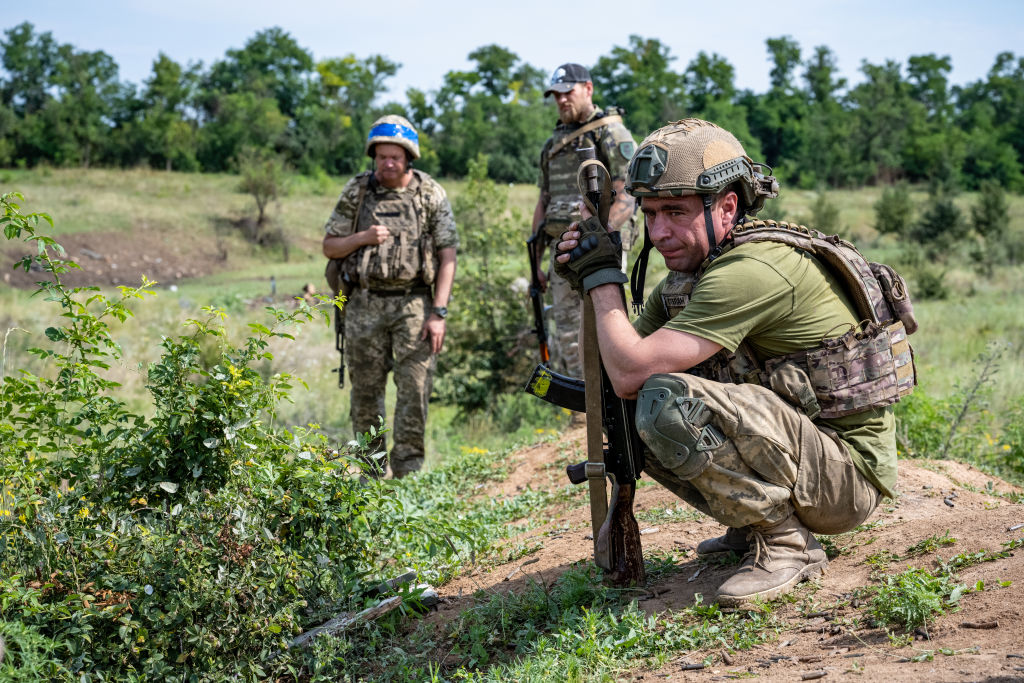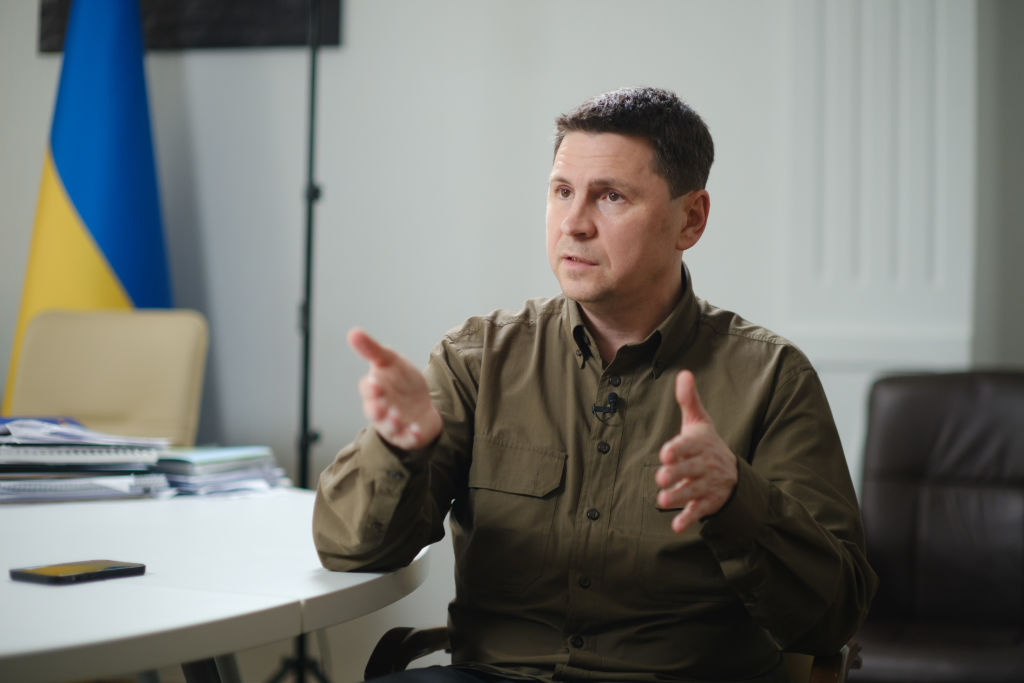Latvia’s economy has needed significant reform for some time but the recently installed coalition leadership might struggle to deliver it, analysts forecast.
Prime Minister Evika Siliņa’s Government took power on September 15. It comprises a diverse coalition spanning her own centrist New Unity alliance alongside an agrarian-Conservative Union of Greens, Farmers’ Union and Left-leaning Progressives.
Latvia “clearly needs to catch up with Lithuania and Estonia, whose economies have grown faster than Latvia’s”, Toms Rostoks, an associate professor at the University of Latvia, told Brussels Signal.
Last year, Latvia’s GDP grew by 2.3 per cent against 4.8 per cent for neighbouring Lithuania.
The previous government of Krišjānis Kariņš, Latvia’s first prime minister to serve a full term, fell apart over coalition disagreements about an economic reform agenda.
The new coalition may not fare much better on this count. The Greens and Farmers’ Union favoured cutting taxes but were suspicious of overseas investment.
At the same time, the Progressives called for an increase in corporate levies and earners’ income tax, while New Unity advocated boosting VAT.
Regarding the new coalition, some believe it may prove short-lived. “It has a very small majority in the parliament and two of the political forces that are part of the coalition – Progressives and Greens and Farmers – are at odds with each other,” said Rostoks.
It is likely that much will hinge on the political skills of Siliņa – who only entered the Latvian Parliament in October 2022.
Māris Andžāns, director of Riga’s Centre for Geopolitical Studies, was more upbeat, saying that the new coalition “will be more dynamic”.
In the previous government, the two smaller parties “often locked up” but New Unity was better placed to reshuffle this coalition at will, he said.
Romāns Gagunovs, a political science student at Rīga Stradiņš University who formerly worked for the country’s education and science minister, said the “first big challenge will be the approval of next year’s state budget, which will show the unity of the new coalition”.
Latvia, which shares a border with Russia, is set to continue to aim for a greater NATO presence in the country, while keeping an anxious eye on the next US Presidential elections.
Within days of being elected as leader, Siliņa flew to Brussels to back Ukrainian membership of NATO and the European Union.
In the past few days, the Latvian Government has sought tenders to build a 124-kilometre border fence with Russia.
It also said around 3,500 Russian citizens who had not registered for a Latvian language test or applied for permanent residency status would receive a letter instructing them to leave the country before November 30.
Andris Banka, a lecturer at the Interdisciplinary Centre for the Baltic Sea Region Research, said it was one thing “convincing allies to be present in Latvia, another to build proper infrastructure that can actually host them”.
“Lots of work still needs to go into that.”





